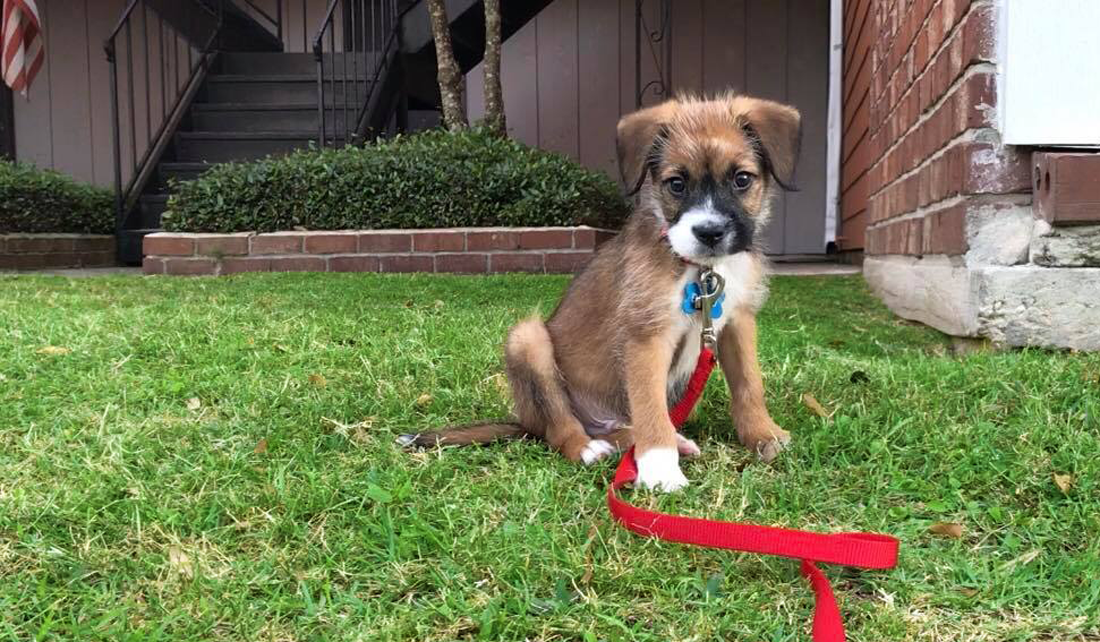
Many homeowners are unaware that common lawn care practices can cause harm to their watersheds. For instance, when lawn caretakers use excessive fertilizers or apply them at inappropriate times (such as before a heavy rain), nutrients can run off and contaminate local bodies of water. However, keeping a beautiful and healthy lawn doesn’t have to have negative impacts on water quality. Illinois residents are invited to a join in a conversation about how they care for their lawns, what environmentally-friendly practices they use, and how to maintain healthy lawns while also protecting local watersheds.
In conjunction with University of Illinois Extension, Illinois-Indiana Sea Grant (IISG) is conducting a series of focus group discussions with lawn caretakers across Illinois in January of 2020. Focus groups will be held from 6:00 to 8:00 p.m. on January 9 in Effingham, January 16 in Rock Island and in Grayslake on January 23. All of these events will be held at the local county Extension Office, and refreshments will be provided.
“We’re excited to get out and talk with people about natural lawn care,” said Sarah Zack, IISG pollution prevention specialist. “We learned a lot from last summer’s statewide survey about what actions people are taking to keep their lawns healthy and what they’d like to learn more about. These focus groups will give us a chance to sit down with people and talk about the results and hear their feedback. It’s important that the public gets to weigh in on our efforts because that ensures that we’re reaching out in a way that’s most helpful to them.”
The results of the focus group discussions will be instrumental in designing future campaigns that are effective for the people of Illinois.
A $30 Amazon e-gift card will be provided as a thank you for participating. The specific meeting address will be provided upon registration. For more information or to register for a focus group, contact Sarah Zack at szack@illinois.edu or 217-300-4076.
Illinois-Indiana Sea Grant is a part of University of Illinois Extension and Purdue Extension.

